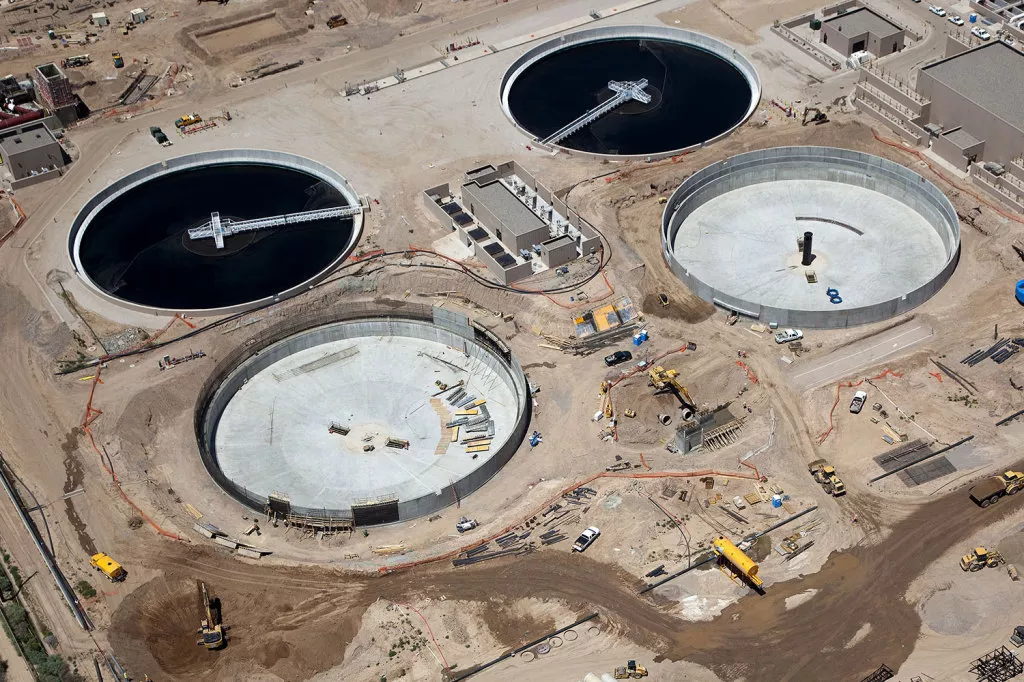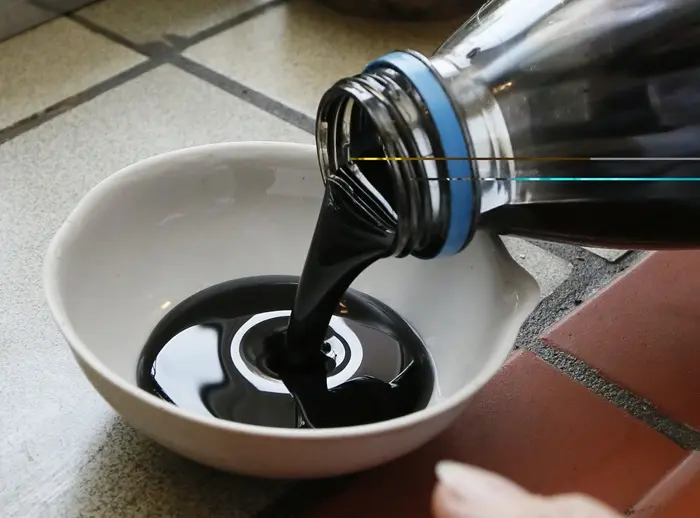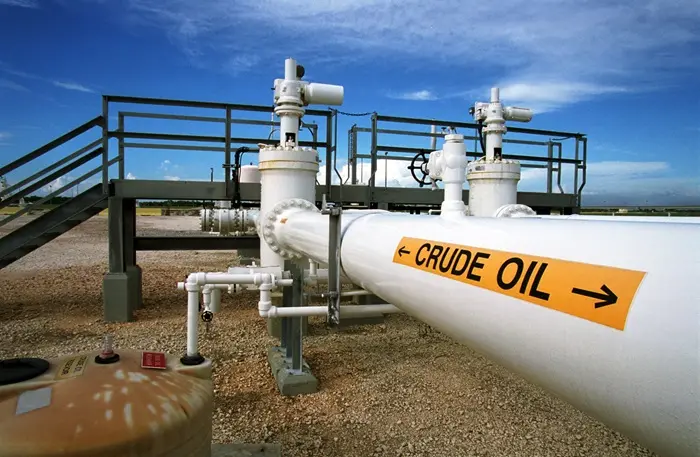Crude oil futures are a popular investment choice for traders looking to profit from fluctuations in oil prices. Understanding where and how to trade these futures is crucial for achieving success in this market. This comprehensive guide will explore the various platforms and exchanges where crude oil futures can be traded, the key considerations for choosing a trading venue, and tips for navigating the complexities of the oil futures market.
Understanding Crude Oil Futures
Crude oil futures are contracts that allow traders to buy or sell oil at a predetermined price on a specified date in the future. These contracts are used by investors to hedge against price changes or to speculate on the direction of oil prices. Crude oil futures are standardized and traded on exchanges, which provide transparency and liquidity to the market.
Benefits of Trading Crude Oil Futures
Leverage: Futures contracts allow traders to control a large amount of oil with a relatively small investment.
Liquidity: Crude oil futures are highly liquid, meaning that traders can easily enter and exit positions.
Hedging: Futures can be used to hedge against price risks in the oil market.
Speculation: Traders can profit from price movements in either direction.
Major Exchanges for Trading Crude Oil Futures
Several exchanges around the world facilitate the trading of crude oil futures. Each has its own characteristics and advantages, depending on your trading needs.
1. New York Mercantile Exchange (NYMEX)
Overview
The NYMEX, part of the CME Group, is one of the largest and most well-known exchanges for crude oil futures trading. It offers a range of oil contracts, including West Texas Intermediate (WTI) futures.
Key Features
Contract Specifications: The standard contract size is 1,000 barrels of WTI crude oil.
Trading Hours: NYMEX offers nearly 24-hour trading, with electronic trading available on CME Globex.
Settlement: Futures contracts are settled in cash or through physical delivery.
Why Trade on NYMEX?
High Liquidity: NYMEX is known for its deep liquidity, which means traders can execute large orders with minimal price impact.
Market Depth: Extensive market data and research are available to traders.
Global Reach: NYMEX provides access to a global audience, making it a preferred choice for many investors.
2. Intercontinental Exchange (ICE)
Overview
ICE is another major player in the crude oil futures market, offering contracts for Brent crude oil, a global benchmark.
Key Features
Contract Specifications: Brent crude oil futures are typically traded in 1,000-barrel contracts.
Trading Hours: ICE provides nearly 24-hour trading through its electronic trading platform.
Settlement: ICE futures can be settled either physically or financially.
Why Trade on ICE?
Brent Crude Benchmark: ICE is the primary venue for trading Brent crude, which is used as a global pricing benchmark.
Advanced Technology: ICE offers a robust trading platform with advanced features for market analysis.
Global Influence: ICE’s contracts are widely used by international traders.
3. Tokyo Commodity Exchange (TOCOM)
Overview
TOCOM is Japan’s leading commodities exchange and offers futures contracts for Dubai crude oil, which is a key benchmark for the Asia-Pacific region.
Key Features
Contract Specifications: TOCOM futures contracts are based on Dubai crude oil.
Trading Hours: Trading is available during Japanese market hours, with electronic trading options.
Settlement: Contracts are typically settled in cash.
Why Trade on TOCOM?
Regional Focus: TOCOM is ideal for traders looking to engage with the Asia-Pacific oil market.
Local Insights: Offers valuable insights into regional oil price movements.
Less Volatility: Dubai crude can offer less volatility compared to WTI and Brent.
4. Shanghai International Energy Exchange (INE)
Overview
The Shanghai International Energy Exchange (INE) is China’s main venue for trading crude oil futures, focusing on the Shanghai Crude Oil Futures Contract.
Key Features
Contract Specifications: Contracts are based on a specific grade of crude oil.
Trading Hours: Trading occurs during Chinese market hours, with electronic trading capabilities.
Settlement: Futures contracts can be settled through physical delivery or cash.
Why Trade on INE?
Chinese Market Exposure: Provides access to the rapidly growing Chinese oil market.
Diversification: Allows traders to diversify their portfolios with Chinese oil futures.
Local Market Insight: Offers insights into the Chinese oil demand and pricing.
See Also: 6 Major Environmental Problems Caused by Canadian Crude Oil Mining
Factors to Consider When Choosing an Exchange
When deciding where to trade crude oil futures, consider the following factors:
1. Liquidity
Higher liquidity ensures that you can enter and exit trades with minimal slippage. NYMEX and ICE are known for their high liquidity.
2. Trading Hours
Different exchanges offer varying trading hours. If you require near 24-hour access, NYMEX and ICE are ideal choices.
3. Contract Specifications
Understand the contract size and specifications, as these can impact your trading strategy and risk management.
4. Settlement Options
Consider whether you prefer cash settlement or physical delivery, and choose an exchange that aligns with your preference.
5. Technology and Tools
Evaluate the trading platforms and tools provided by the exchange. Advanced features can enhance your trading experience and decision-making.
6. Costs and Fees
Compare the transaction costs and fees associated with each exchange. Lower costs can improve your profitability.
Tips for Trading Crude Oil Futures
1. Stay Informed
Keep up with global oil market news, including geopolitical events, economic data, and supply-demand trends. This information can significantly impact oil prices.
2. Develop a Trading Plan
Create a comprehensive trading plan that includes your goals, risk tolerance, and strategies. Stick to your plan to avoid emotional decision-making.
3. Use Technical Analysis
Utilize technical analysis tools to identify trends and potential entry and exit points. Chart patterns and indicators can provide valuable insights.
4. Manage Risk
Implement risk management techniques, such as setting stop-loss orders and diversifying your portfolio. Managing risk is crucial in the volatile oil market.
5. Understand Market Dynamics
Familiarize yourself with the factors that influence oil prices, including OPEC decisions, production levels, and global economic conditions.
6. Practice with a Demo Account
Before trading with real money, consider practicing on a demo account. This will help you gain experience and confidence without risking your capital.
Conclusion
Trading crude oil futures offers significant opportunities for profit, but it requires a thorough understanding of the market and careful selection of trading venues. By exploring major exchanges like NYMEX, ICE, TOCOM, and INE, and considering key factors such as liquidity, trading hours, and costs, you can make informed decisions that align with your trading objectives. Whether you are an experienced trader or just starting, leveraging the right exchange and tools will enhance your ability to navigate the complexities of the crude oil futures market effectively.
[inline_related_posts title=”You Might Be Interested In” title_align=”left” style=”list” number=”3″ align=”none” ids=”2914,2908,2783″ by=”categories” orderby=”rand” order=”DESC” hide_thumb=”no” thumb_right=”no” views=”no” date=”yes” grid_columns=”2″ post_type=”” tax=””]
































